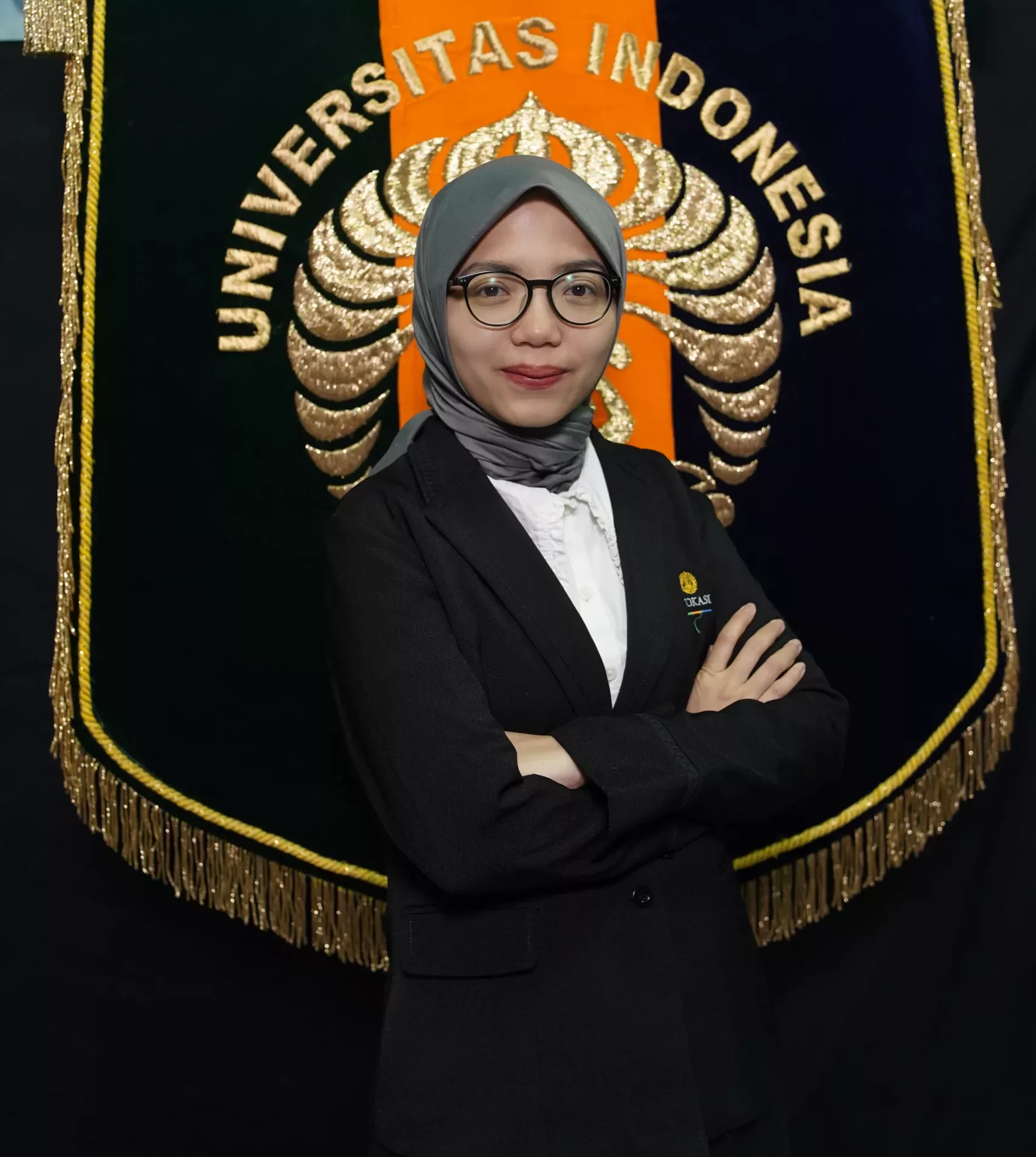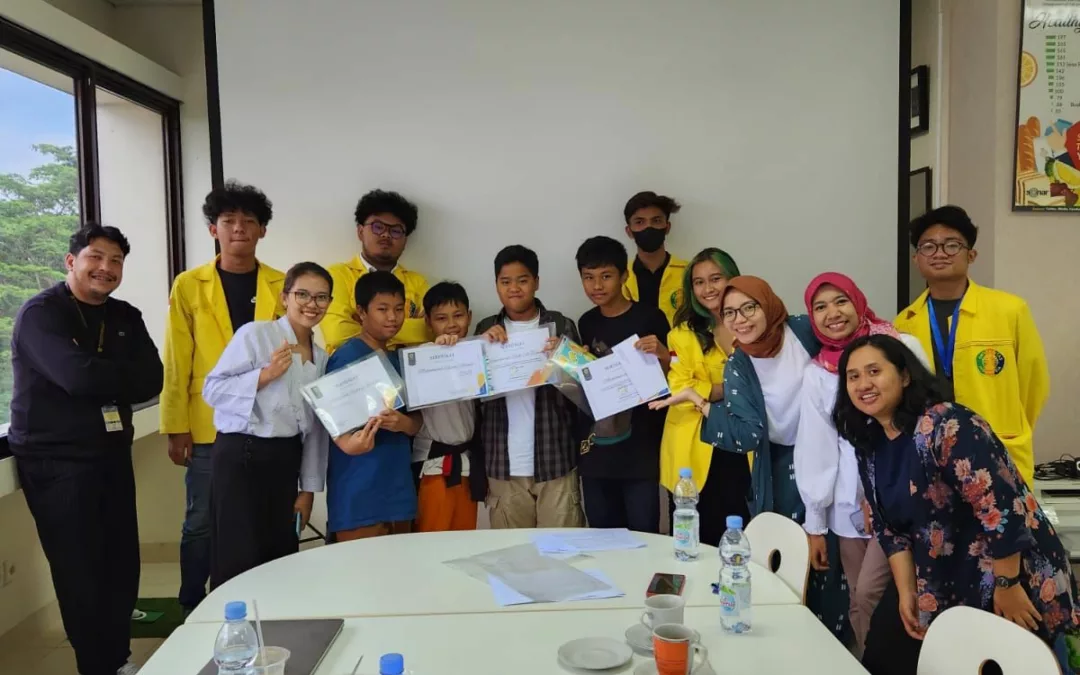Depok-Today, many cities in the world face major challenges in creating an inclusive and friendly environment for all. Air pollution is getting worse, green spaces are shrinking, and traffic jams are becoming a routine that erodes the quality of life of the community. Amidst all these problems, when talking about city planning, almost all discussions revolve around experts, be they architects, city planners, or politicians. Meanwhile, the voices of children who are also the future inhabitants of the city are rarely heard.
When talking about the development of future cities, it is rarely crossed that children have an important role in determining the direction of city design. Based on the latest research led by Dr. Poeti Nazura Gulfira Akbar, S.T., M.Sc., a lecturer in Tourism Business Management, Vocational Education Program, Universitas Indonesia, shows that the alpha generation offers an extraordinary vision of an ideal city that is much better, greener, and more advanced than we imagine. This research uses a gamification approach through the Roblox platform to explore their ideas in designing the Indonesian Capital (IKN), which is predicted to be the first smart city in Indonesia. Gamification is an approach that uses game elements for various contexts, such as learning processes, research, and others. The use of the gamification concept also supports several points of the Sustainable Development Goals (SDGs), starting from gamification as a medium for designing environmentally friendly, inclusive, and sustainable cities (SDGs 11); becoming an interesting educational tool for the alpha generation to learn about urban development, technology, and sustainability (SDGs 14); and become one way to design creative solutions to future infrastructure challenges (SDGs 9).
The purpose of this research is not only to understand the vision of children, but also to elevate their voices to the decision-making level, such as through policy briefs relevant to the development of the IKN. “Children are a group that is rarely considered by stakeholders. Even from ordinary people, groups such as children and the elderly are often marginalized,” explained Poeti.
 (Photo: Dr. Poeti Nazura Gulfira Akbar, S.T., M.Sc., lecturer in the Tourism Business Management study program)
(Photo: Dr. Poeti Nazura Gulfira Akbar, S.T., M.Sc., lecturer in the Tourism Business Management study program)
By selecting the alpha generation, specifically those aged 10-12 years, this study targets a group that grew up in the digital era. Through a gamification approach, this study uses the Roblox platform, a free online game that allows its users to create, design, and create their own games. This study also chose children from Greater Jakarta area because the urban environment where they live allows them to understand the challenges of city planning.
The research team also held a workshop from April to June 2023 first to see the children’s perceptions in playing the Roblox game and the city design they did in the game. They were given the freedom to express their ideas through city designs that reflected their hopes, namely a city without pollution with lots of green spaces, schools and offices close to home, and an efficient public transportation system. “Their designs were far beyond our expectations from what we expected before this study. For example, they suggested the use of wind energy and electric vehicles to replace fossil fuels. Children understand that the ideal city is a place that prioritizes pedestrians and cyclists. They also want a city that is close to nature, complete with parks and urban forests that can absorb carbon and provide fresh air,” said Poeti.
This research provides important recommendations for governments and city planners. By involving children in the design process, more inclusive and sustainable cities can be created. Their vision of a city that prioritizes the environment, public transportation, and quality of life is very relevant to the concept of a 15-minute city, where all needs can be reached within a fifteen-minute walk or bike ride.
“It turns out that the alpha gene is smarter than we thought, they can elaborate their thoughts and experiences they have had at a very early age,” Poeti added. The study also proves that games, which are often negatively connoted, can be an effective educational and participation tool in serious issues such as urban planning.
With IKN as a pilot project, the hope is that these children’s ideas can be applied to create cities that are not only smart, but also child-friendly. If implemented correctly, cities in Indonesia can be a model for the world in building sustainable and inclusive cities for future generations.
In addition, through lessons from the designs and ideas of the alpha generation children, the development of the IKN can be a new milestone in city planning in Indonesia. A city that is not only smart, but also environmentally friendly, inclusive, and truly designed for every level of society.


